NHS 70
On the 5th July 2018 the NHS turns 70.
It may not have been a smooth ride and there may still be many changes to make in the future but it is fair to say that the NHS has transformed healthcare in the United Kingdom. It should be celebrated that for 70 years the National Health Service has been able to provide a service of free healthcare for everyone.
When the NHS was founded in 1948 the population of the UK was just over 50 million. Today it stands at well over 65 million.
At 70 years old the NHS is also the largest employer in the UK, employing over 150 million people.
In this short blog I would like to look over a few of the milestones of the last 70 years which have particular relevance to obstetrics and gynaecology.
The setting up of the National Health Service was not smooth. The College was involved from the start and the minute books in the RCOG archives are full of references to the National Health Service Act. The below show the initial difficulties in July 1948. However, as with any major change this is only to be expected.
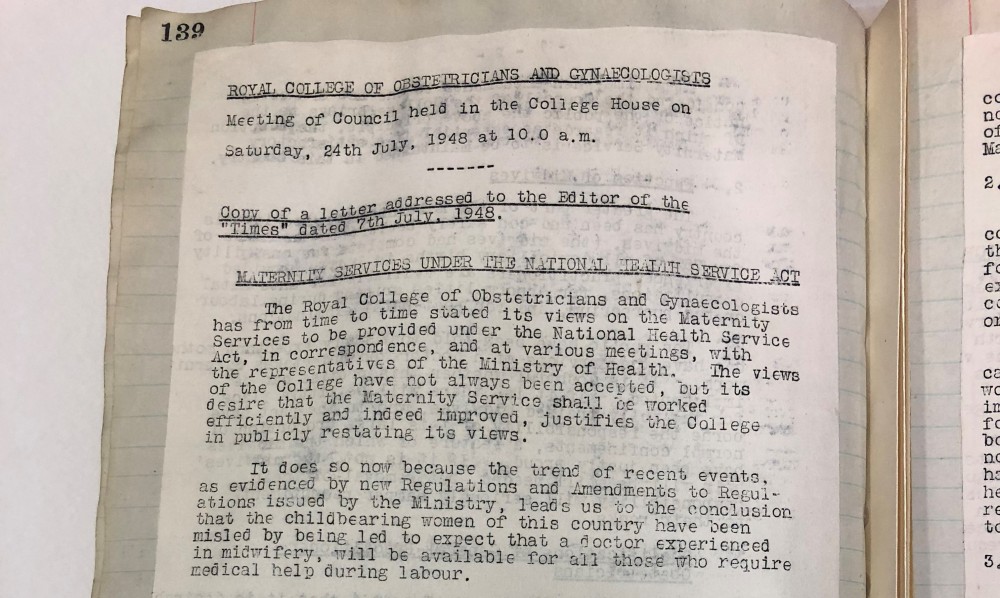
The Contraceptive Pill
In 1961 the contraceptive pill was launched. Initially it was only available to married women, but this law was relaxed in 1967. Between 1961 and 1969 the number of women using the pill went from 50,000 to 1 million. The availability of the contraceptive pill gave a new kind of liberation to a whole generation of women and therefore future generations as well.
We have various items in the heritage collections relating to contraception from guidance to family planning and taking or using contraceptives to the contraceptives themselves.
This is an image from an instruction leaflet for Ovulen 50 from around 1970. Below that is from another pill, Minilyn, also dated to the early 1970s.
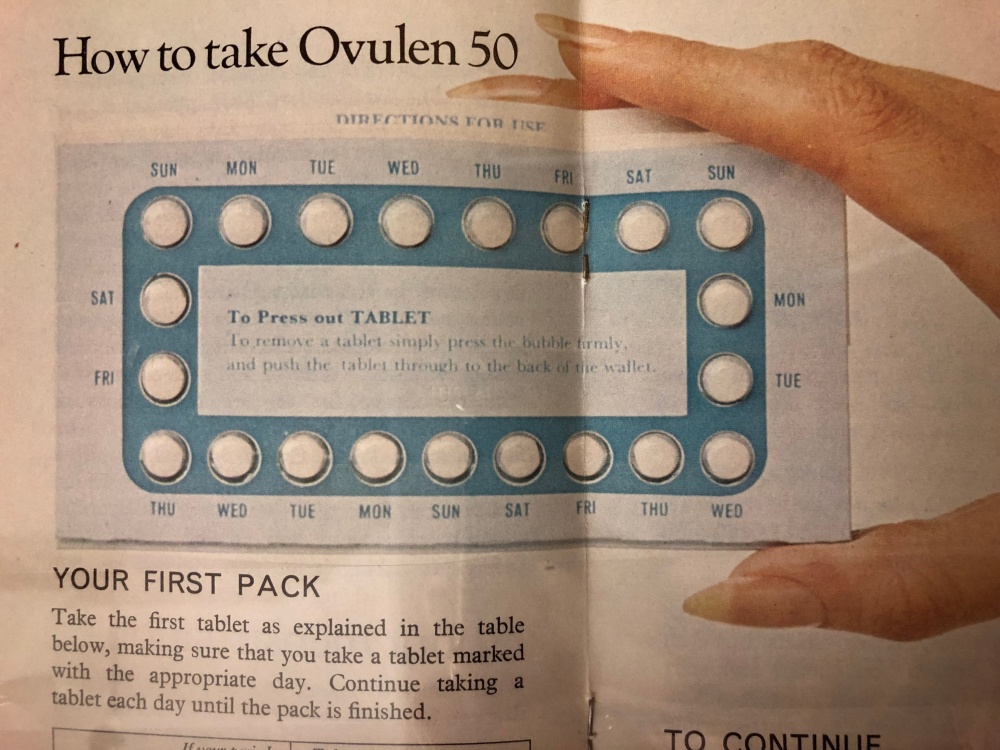
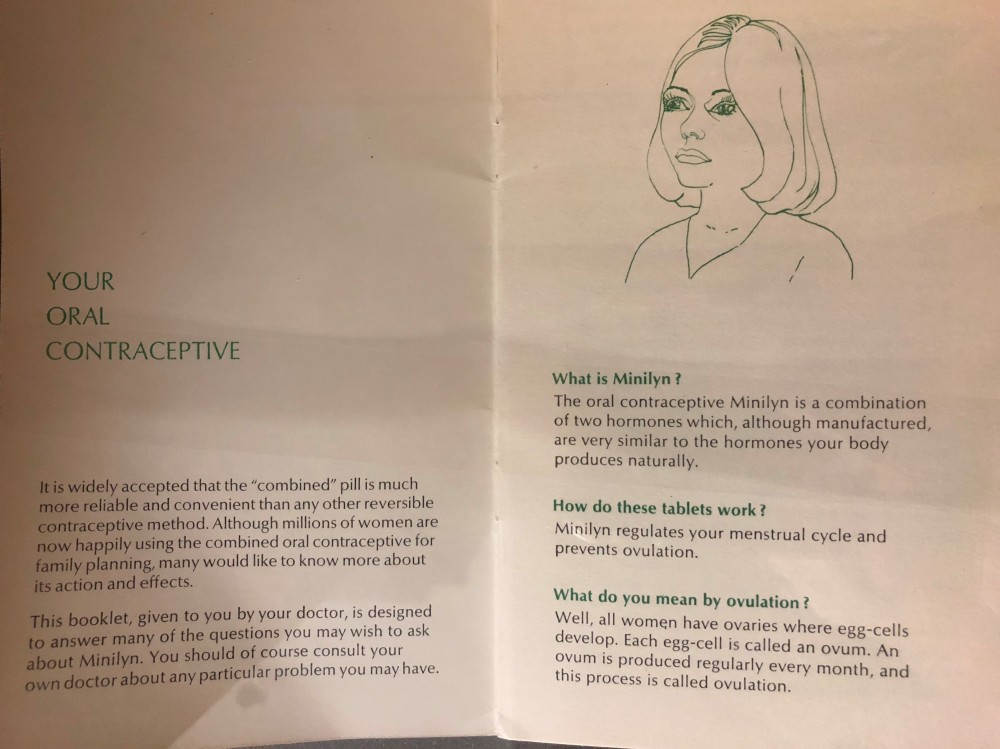
The Abortion Act
In 1967 The Abortion Act was passed, becoming law on 27th April 1968. The College was closely involved with and monitored the provisions of the bill during its progress through Parliament until its enactment. Initially it made abortion legal up to 28 weeks, however this was lowered to 24 weeks in 1990.
The First IVF Baby
In July 1978 Louise Brown was born, the first successful birth following IVF. Therefore July 1978 also marks the 40th anniversary of this birth. Though the technique had been in development in the UK by Dr Patrick Steptoe and Dr Robert Edwards for 10 years, the first successful birth was not until 1978.
Today an estimated 8 million babies have been born as the result of IVF.
From the Museum display:
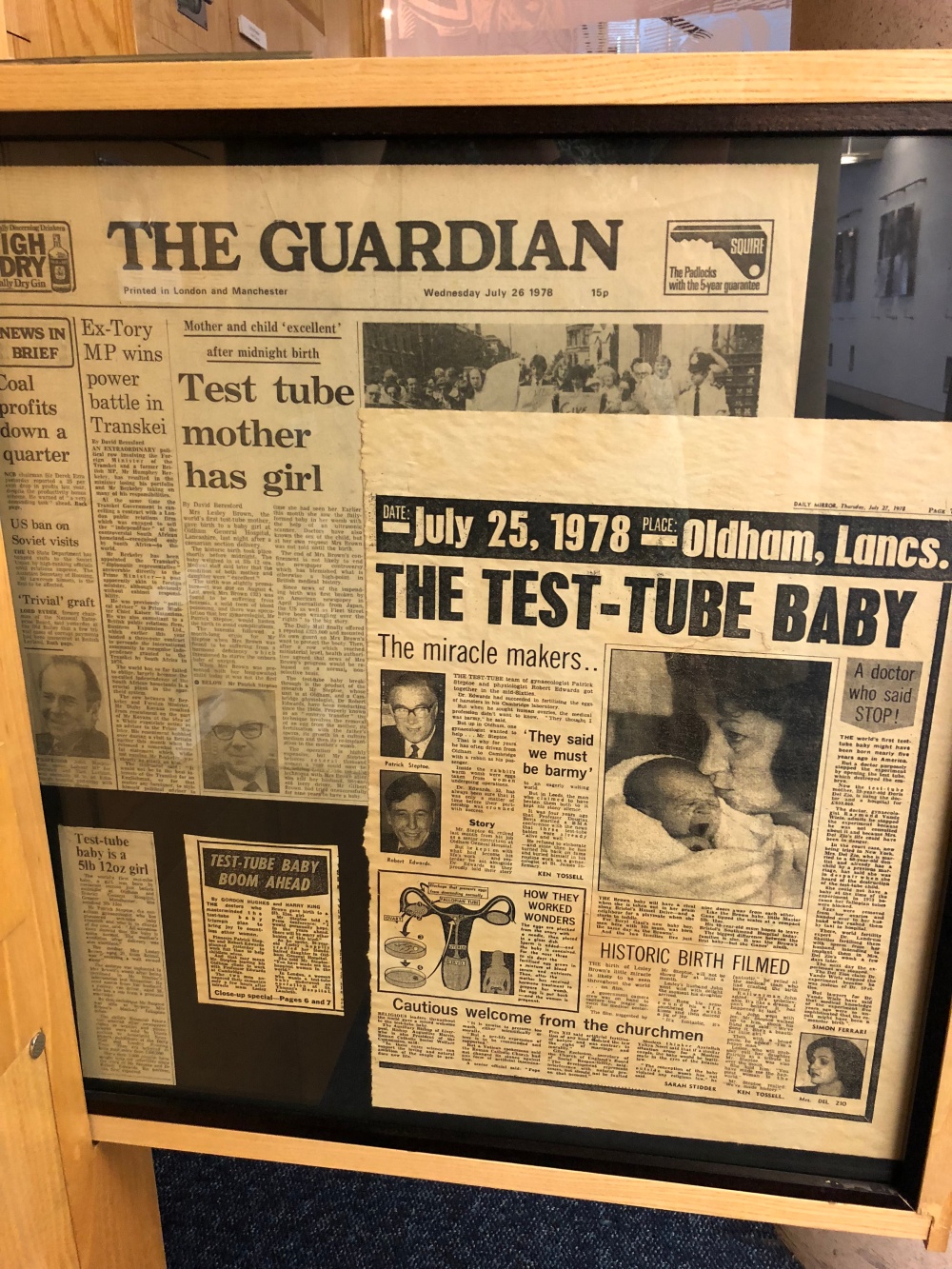
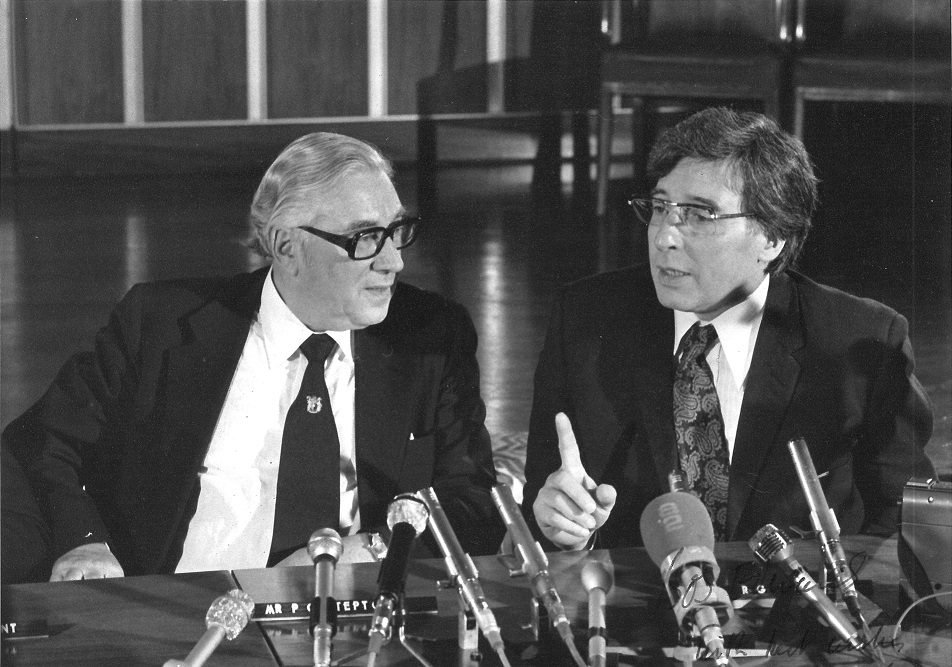 Steptoe and Edwards in 1979
Steptoe and Edwards in 1979
Ultrasound
The invention of ultrasound transformed antenatal care. Initially used in only high risk cases during the 1980s it became routine for viewing and dating the foetus.
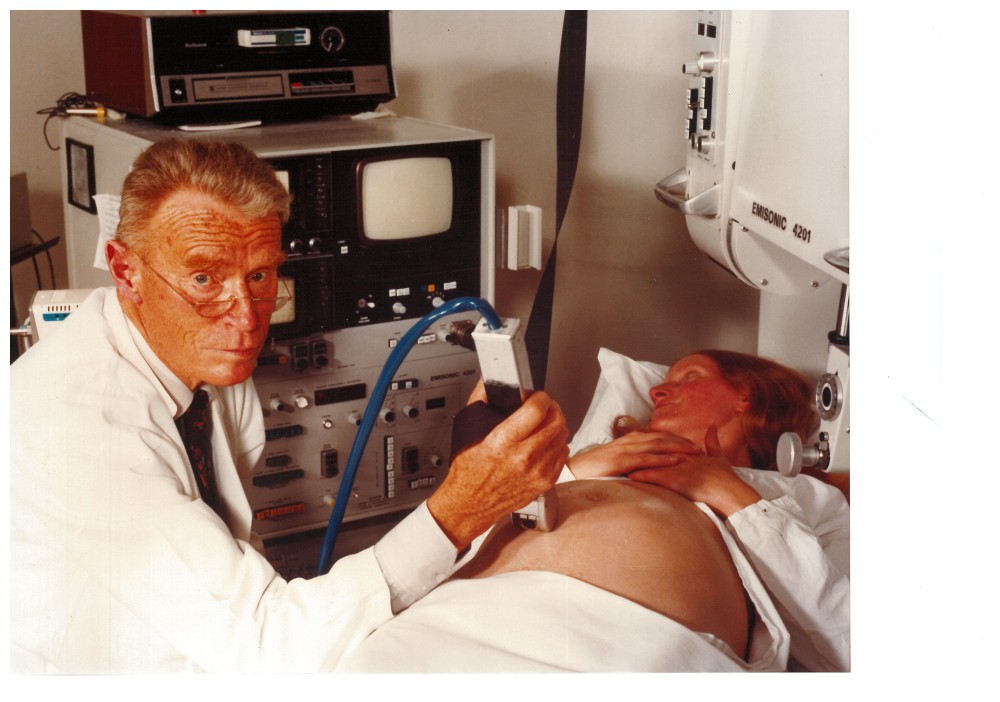 Ian Donald performing an ultrasound in the c1980.
Ian Donald performing an ultrasound in the c1980.